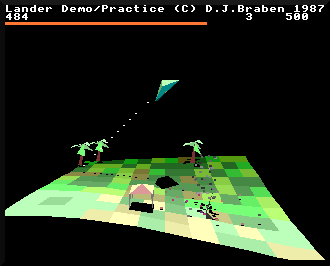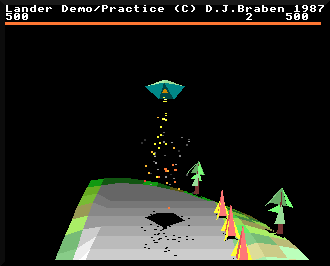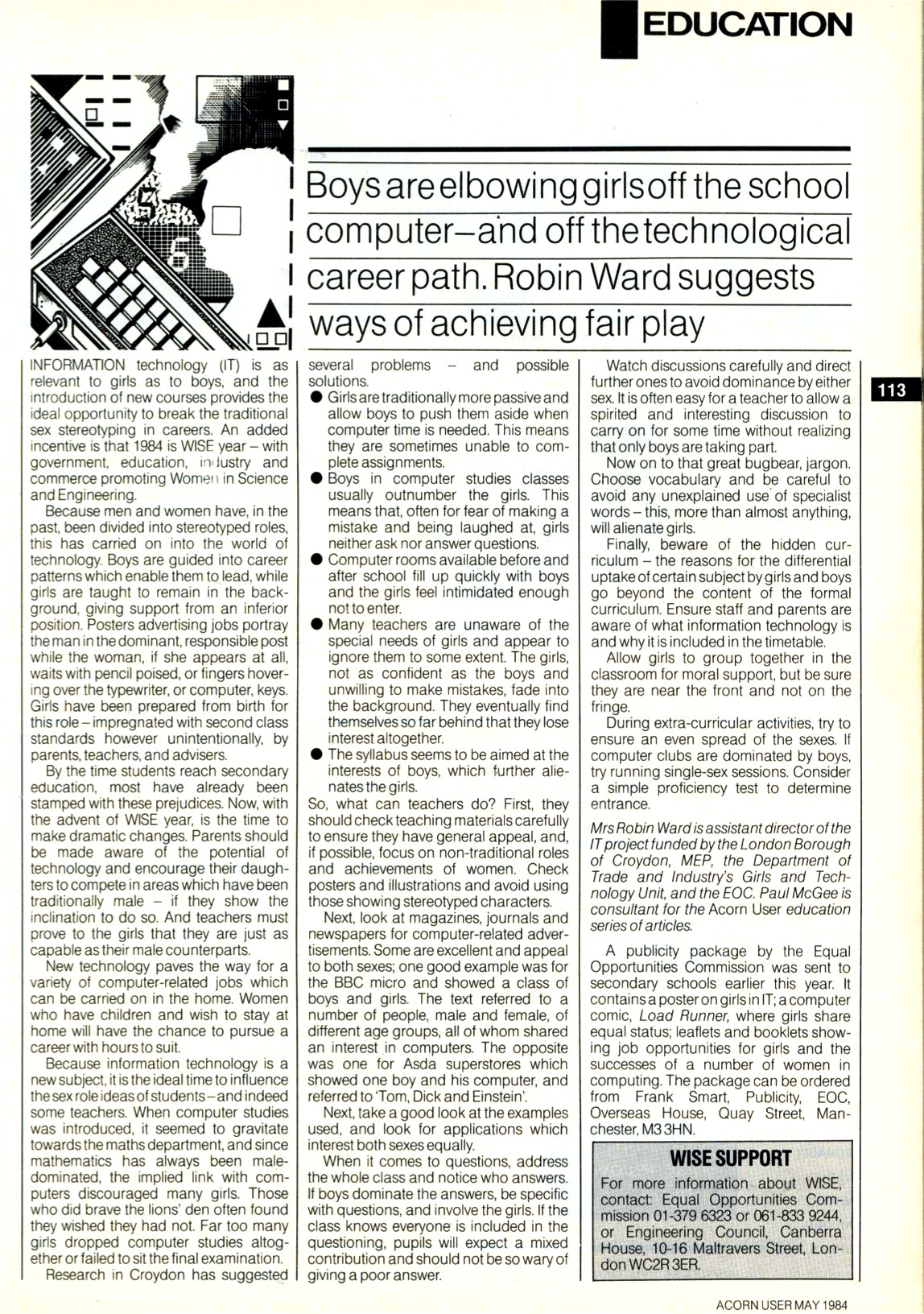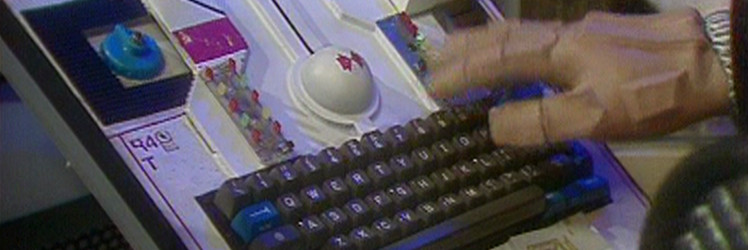There are two kinds of people in this world. Those who, when they retire or otherwise change careers, want to entirely forget about the kind of work they used to do. Then there are the ones who take the chance to do more of it, but on their own terms this time round. (I guess there is also a third type who are somewhere between the two, but please don’t spoil my slightly-stretched rhetoric.)
Mark Moxon is definitely in the second category. I first heard the name back when he edited Acorn User in the 90s, when I was an avid reader. But these days, instead of editing Acorn magazines, he’s doing deep dives into old Acorn games instead. And when I say deep dives, I mean really deep dives. Mark calls himself a software archaeologist, and I can think of no better description for what he does.
Moreover, the games Mark looks at are true classics, by any interpretation of that description, and not just within the context of the BBC Micro. Games such as:
- Elite (1984) – David Braben and Ian Bell’s masterwork, and one of the few games where the word “iconic” can be applied without shame.
- Aviator (1983) – Geoff Crammond’s flight simulator, with a ludicrously sophisticated flight model for the time.
- Revs (1985) – Geoff Crammond again, this time with a racing simulator. In fact, widely regarded as the very first proper racing sim.
Mark’s latest deep dive, however, is a step away from the BBC Micro, and into the world of the Acorn Archimedes. We’re talking about Lander (1987), the demo bundled with the Archie, written by David Braben. This eventually became the game Zarch, ported to other platforms as Virus. But there’s a very specific reason why Lander in particular is so important.


As Mark says:
“Braben famously wrote Lander in around two months, starting his work on an ARM1-based ARM Evaluation System that was hooked up to a BBC Micro as a second processor, before getting his hands on a prototype Archimedes A500 in early 1987. As a result the code feels almost minimalistic. There’s practically no cruft, there’s no hard-to-follow code that’s been twisted for efficiency’s sake, and instead there’s the landscape and the player and the particle system and the mouse-based controls… and not a great deal else. It’s very zen, not least because the ARM1 instruction set that Braben ended up using is, by design, simplicity itself; there are no MUL instructions anywhere in Lander, as the latter only appeared on the ARM2 in the A500, so this is not only the first ARM game ever written, it’s quite possibly the only game ever written for the first version of the ARM chip. Given how the ARM processor powers an awful lot of the modern world, that’s quite something.”
The very first game written for the very first iteration of the chip which almost certainly powers your mobile phone. That’s your important historical shit, right there.
As for Lander itself, you can play it in your web browser here. I’ve often talked about my uncomfortableness with the word “dated”, but even I have to admit that early 3D games tend to fit that description more than a lot of things. But I tend to think Lander still looks beautiful. Maybe because the landscape itself, made up as it is of huge squares, evokes a sense of pixel art regardless.
Or maybe it’s just the mouldy old Acorn fan in me talking.



